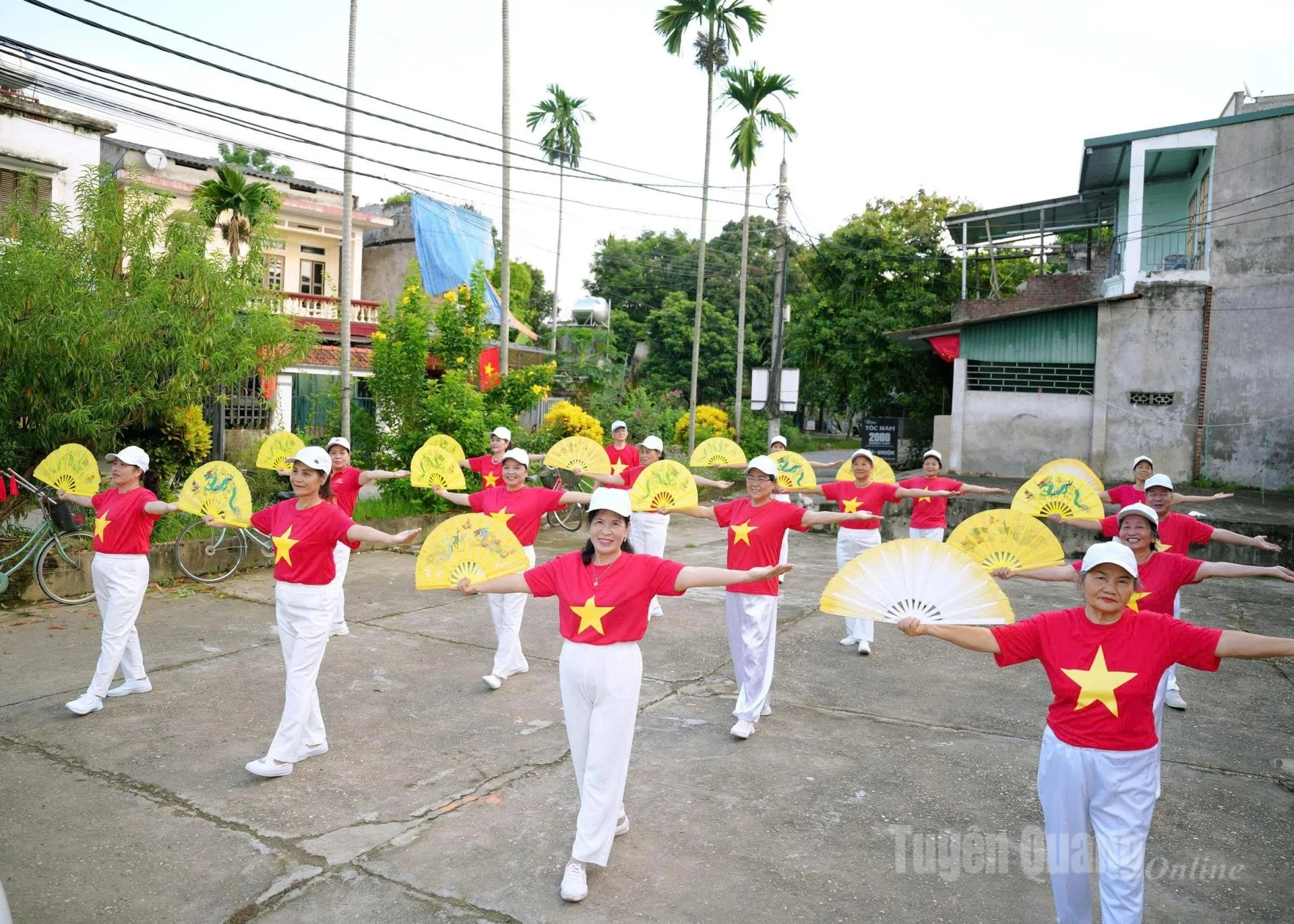Ensuring the elderly live happily and healthily
Vietnam is currently among the ten countries with the fastest aging populations in the world. The rapid pace of population aging has affected many aspects of social life, including healthcare services, social welfare systems, employment, retirement age, family relationships, psychology, and lifestyle. This poses both challenges and requirements for building a society that can adapt to the country’s demographic transition.
 |
| The dance club attracts many elderly participants who join to improve their health. |
In recent years, social welfare policies for the elderly in Vietnam have undergone continuous improvement and expansion. Numerous programs and policies have been introduced for various groups of elderly people, focusing mainly on social insurance, health insurance, and social assistance.
According to the General Department of Population and Family Planning under the Ministry of Health, most elderly people in Vietnam live in rural areas, engage in agriculture, and are farmers. Many do not have the habit of undergoing regular health check-ups, and diseases are often detected late, making treatment more difficult. Moreover, access to healthcare services varies significantly among different elderly groups, leaving many without adequate care even when illnesses are diagnosed. At the same time, although the number of elderly people is increasing, the healthcare network for them remains weak. There is still a shortage of community healthcare workers, and their skills in diagnosing, treating, and caring for the elderly remain limited.
In the country’s current development phase, ensuring social policies for the elderly is essential for maintaining political and social stability and promoting sustainable development. Therefore, it is necessary to continue reviewing, supplementing, and revising regulations related to elderly care, including healthcare, social insurance, and social welfare.
Furthermore, the elderly should not only be seen as a group in need of protection but also as a valuable resource, possessing wisdom, experience, and meaningful contributions to families and society. It is vital to implement solutions that enhance their role across different areas of life, create opportunities for them to participate in community activities, maintain their health, and improve their spiritual well-being - contributing to building a humane and sustainable society where all generations are cared for and can thrive together.
Phuong Dong





READER COMMENTS